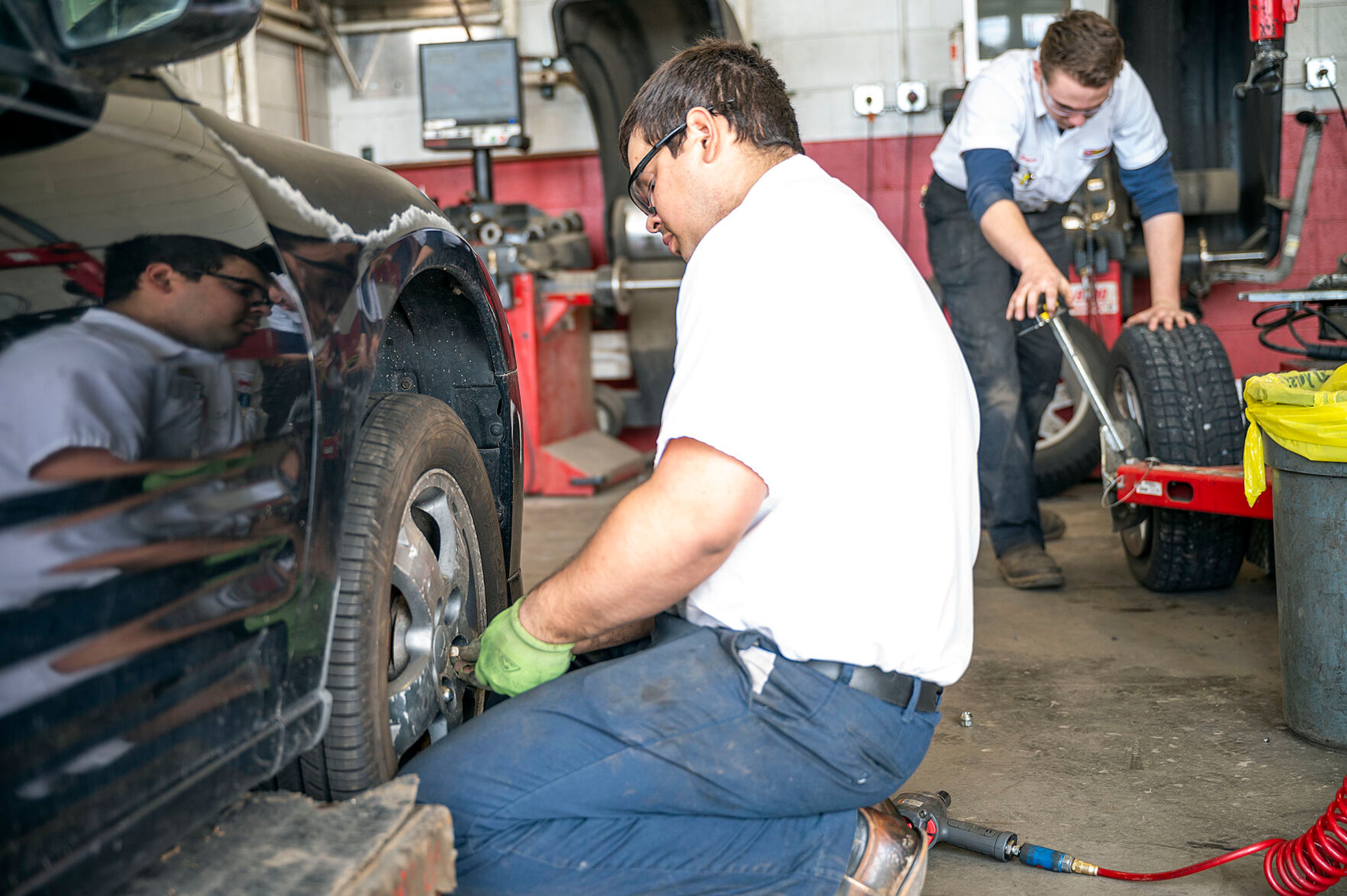Climate change a priority for Moscow council
Council discusses its 15 major challenge areas at workshop Friday
The Moscow City Council added climate change and affordable housing to its list of priorities, or “major challenge areas,” it wants to attack in the near future.
The other 13 priorities, like insufficient revenues jeopardizing service levels, were identified in 2015 under the city’s strategic plan.
In a four-hour Capital Improvement Plan and Strategic Planning workshop Friday at city hall, city staff, the council and mayor discussed major challenge areas the city and council would like to address in the coming years, as well as capital improvement projects expected to be completed in the next 10 years.
Councilor Brandy Sullivan asked what the city can do to address the lack of financial resources the city has to implement programs, projects and policies desired by the city council and the community.
Funds are lacking to provide acceptable levels of operations and maintenance across most programs, according to the city’s 2015 executive summary of the strategic plan.
“I feel like that’s kind of the biggest one because if that wasn’t a problem, then none of the other things would be a problem, right?” Sullivan said.
City Supervisor Gary Riedner said the city’s strategy has always been to continue its lobbying efforts with the state Legislature, asking it to provide Moscow alternate funding.
Mayor Bill Lambert wrote a letter to Rep. Caroline Troy, R-Genesee, and Rep. Bill Goesling, R-Moscow, earlier this month asking them to oppose two House property tax bills that would freeze property tax budgets next year and cap property tax growth at 3 percent per year, while prohibiting local governments from taking revenue amounts for new construction and annexations.
Half of the property within Moscow is tax-exempt, which puts more financial strain on those who do pay property taxes.
“We’re already behind the eight ball,” Riedner said. “We want more funding in order to support the programs our community wants.”
Jen Pfiffner, deputy city supervisor of culture, recreation and employee services, said addressing the problem also means figuring out how the city can do more with what it already has.
As for climate change, the city made a commitment to reduce greenhouse gas emissions from city operations by 20 percent of the 2008 benchmark. Staff completed the 2018 greenhouse gas emissions inventory, which suggests that operations have reduced emissions by about 19.7 percent of the 2008 level, according to a memo from Tyler Palmer, deputy city supervisor of public works and services, to Riedner.
“We’re cautiously optimistic we’re going to make that goal,” Palmer said.
Riedner said city staff will ask the council to set a new carbon reduction goal.
Some of the other 15 major challenge areas include addressing wastewater, stormwater and drinking water infrastructure, the declining city water supply, roads and downtown infrastructure.
Thirteen of the 29 major challenge areas identified in 2015 have been completed, Pfiffner told the city council in November. Some major challenge areas, like building a new city shop, have been removed from the top priorities list and others, like addressing the lack of affordable housing, have been added as major challenge areas.
“A lot of our internal issues we’ve really cranked through, quite honestly,” Pfiffner said Friday. “We’ve made a lot of progress on those.”
Garrett Cabeza can be reached at (208) 883-4631, or by email to gcabeza@dnews.com.







